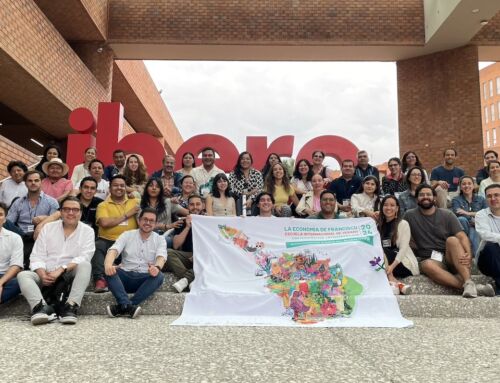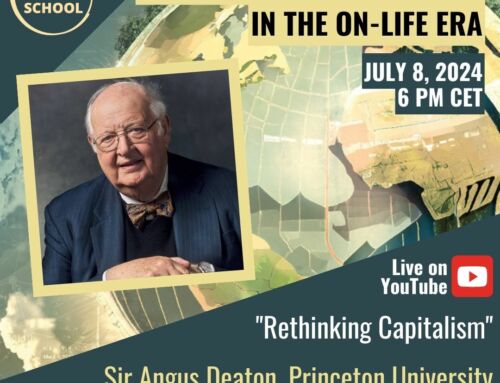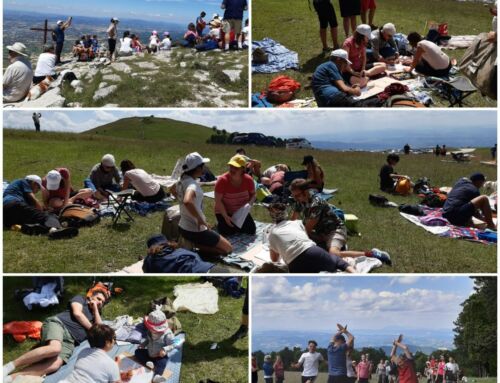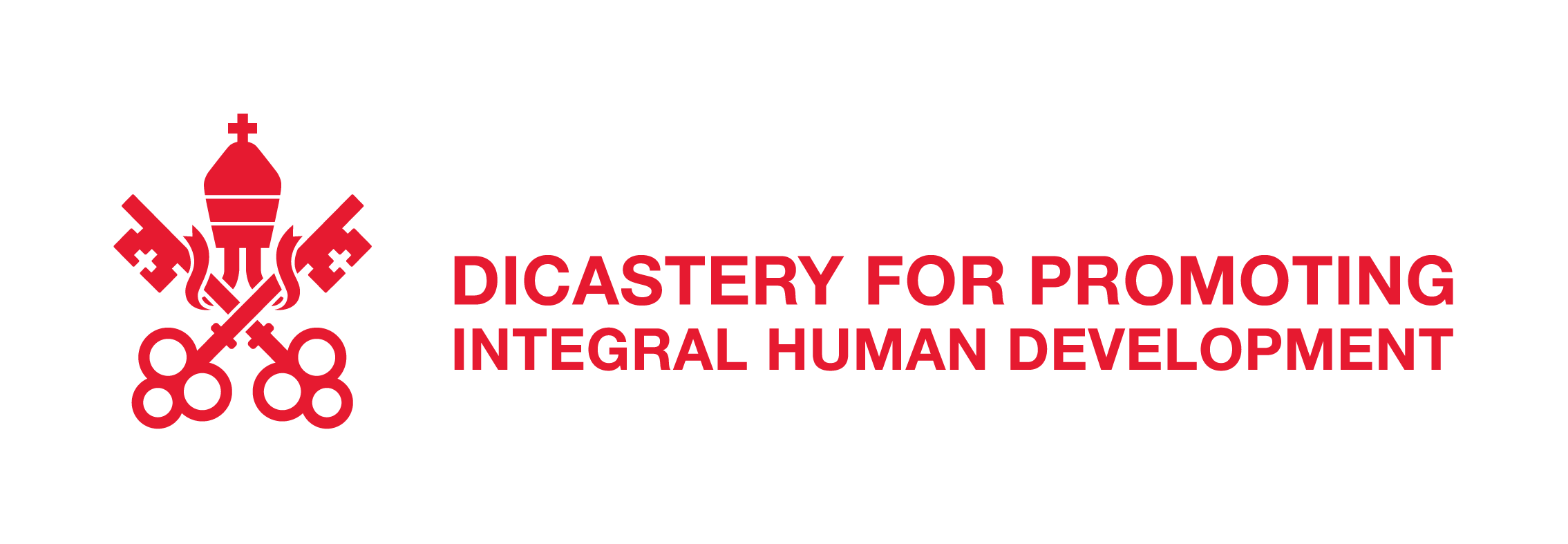Interview with Elisa Andreoli
Her thesis work and affinities with the EoF workshop Into the LABel
Elisa Andreoli is from Riva del Garda, a small town in Trentino-Alto Adige (Italy). After a three-year degree in Economics and Management, she has reached the end of her studies in Sustainability and Tourism Management at the University of Trento – Università degli Studi.

Why did you choose a Masters in Sustainability and Tourism Management? What does it mean to study “Sustainability Management” in a Faculty of Economics?
ELISA ANDREOLI: I have always been fascinated by the topic of sustainability, especially in the social field, thanks to the years I spent as a volunteer in an association of the Oratorio of Riva del Garda, where I live. In recent years, thanks to the increased discussion around this topic, sustainability has become an integral part of everyone’s life, as one of the driving forces to create a liveable world in the long term, especially with reference to the problems caused by climate change and global warming.
Studying “Sustainability Management” in a Faculty of Economics means having “a wider vision” i.e., to understand that our traditional model of a linear economy (I buy a product, I use it and then I dispose it in the environment) must be overcome and improved, incorporating all the dimensions of sustainability and not only aiming at increasing one’s profit. We therefore move from managing the problem to eliminating it, looking for solutions that can compensate for past mistakes and improve the planet we live on.
Today in 2021, what does sustainability mean?
ELISA ANDREOLI: The term ‘sustainability’ is often associated, in a minimalist way, with environmental protection, combating climate change and global warming. In reality, sustainability is a much broader concept, based on three fundamental pillars: economic sustainability, environmental sustainability and social sustainability. It is important for everyone to bear these three principles in mind in order to change the capitalist economic model of today, which does not contain these variables. Moreover, they are fundamental for future development and growth. One example for all? The circular economy, based on product reuse or recycling, without releasing waste and scrap into the environment.
The economy looks at the consumer’s choice process. In what way and in what direction does it do it?
ELISA ANDREOLI: The economy is based on the relationship between demand (the consumers) and supply (the producers). A consumer buys a product if it reflects his/her expectations and if he/she thinks that the trade-off between the cost and the utility is positive, i.e., if he/she imagines that the cost of a good is lower than the utility that can derive from the use of the good itself. It is therefore necessary to know the consumer’s choice process and the variables that influence it, in order to anticipate the customer’s needs and offer products that are appreciated and valued positively by demand. The consumer therefore plays a fundamental role for the company, which must understand the decisive factors in order to improve its products and satisfy its customers effectively.
What are the affinities of your thesis with the ideas put forward by “Into the LABel”?
ELISA ANDREOLI: In my thesis, I use a Discrete Choice Experiment to investigate the propensity to buy sustainable clothing. To give you an example: would you be willing to buy a swimming costume made from ECONYL regenerated nylon (recycled from disused fishing nets or old carpets)? Here, I try to understand what determines the consumer’s choice based on the characteristics of the product: the presence of certification and information on consumer protection, the product brand, the delivery method, the packaging and the price. You are also asked questions about your views on climate change, protection of the planet and pollution, as well as socio-demographic questions.
Your thesis is in fact a research-based thesis, with primary data collection via a questionnaire. What kind of data and information are you looking for with this questionnaire, and what are you trying to understand?
ELISA ANDREOLI: Through this thesis, I’m trying to obtain data on consumer needs, and therefore on market demand, with reference to the purchase of a sustainable garment. In fact, when the customer is presented with different alternatives with different characteristics to choose from, he/she expresses, through his/her preference, which of these characteristics he/she considers most important. This information can be used by the supplier to understand how to act accordingly in the market (and thus which types of products will be more likely to be purchased than others). It is therefore a methodology used to understand, hypothetically, a person’s willingness to pay for a sustainable product that has certain ethical characteristics, such as certification or biodegradable packaging or containing information on worker protection.
Among the product attributes from which the consumer can choose, you have included the brand category, considering some well-known product names and other unbranded products. What is the reason for this choice? What kind of information do you get from it?
ELISA ANDREOLI: Brand is one of the most complex attributes to analyse because it has no real connection with the issue of sustainability. I included it in my thesis in order to investigate how much knowledge of a brand can influence the consumer’s choice, compared to a little-known brand. Knowledge of brand and therefore the associations arising from awareness of the ethical and sustainable aspects presented by it (often through special offers and advertising). In the consumer’s mind, according to the mechanisms due to the heuristics of memory availability and of affectivity (concepts that are part of consumer psychology), brands that are better known, and therefore more easily recalled in memory, will be considered as better, since the characteristics presented during the promotion and distribution of the products are presented in a positive way, and therefore people transfer this advantageous external information to the product, which is therefore evaluated as more ethical and sustainable than other brands about which no particular information is available. Of course, it is not necessarily the case that a well-known brand is actually more sustainable than an unknown or niche brand.
Several attributes that denote ethical aspects, such as care for the environment and respect for workers, are differentiated in the survey according to the presence or absence of certifications. What is the role of these certifications in providing consumer information? Do you think that they are the only valid way to raise awareness of environmental or social aspects?
ELISA ANDREOLI: Informing consumers and raising their awareness is one of the fundamental objectives for companies, because an informed consumer can make choices that fully reflect his or her values and will be able to appreciate a product more if he or she is familiar with the manufacturing processes, the materials used or the protection of workers. Through certifications, in fact, the user can be sure that the product he/she is buying complies with certain objective criteria that certify the quality of the product and its environmental and social impact. Obviously, these certifications are often present on the label or on the product’s sales site, but very rarely are they explained in a way that is understandable to the consumer, who will therefore tend not to consider this fundamental information in his/her choice process. I think it is necessary to find more ways of certifying and then letting the customer know about the product’s impact on the environment and society, in order to make the consumer aware and direct him/her towards a responsible choice, which evaluates the ethical and environmental aspects of the product. However, this is a difficult topic to address, as many companies often present a deceptively positive image of themselves in terms of their environmental impact in order to divert people’s attention from the negative environmental effects of their activities or products (greenwashing). It is therefore necessary to be able to offer customers, in a transparent and truthful way, all the information they need, and therefore also the ethical aspects, regarding the product to be purchased in order for them to make conscious and responsible choices.
Do you think that individual consumers can contribute through their purchasing choices to changing the way companies produce and operate?
ELISA ANDREOLI: Individual consumers create demand and the supply, i.e., the products that companies offer, must be based on this demand. It is essential for companies to know their consumers so that they can anticipate their needs and operate accordingly. I therefore believe that the contribution made by each individual consumer through his or her purchase decision is of fundamental importance, since he or she declares his or her preference, on the basis of which the company will build and customise its product to meet the customer’s needs. I am convinced that the company needs to be oriented towards customer satisfaction, i.e., a vision of the customer as a stakeholder (bearer of value) and a central element in the creation of the product. This is why one must first of all understand the preferences expressed by the consumer during his/her purchasing process and be able to adapt one’s processes and operations to meet his/her demands.
Will environmentally and socially friendly products always be more expensive than others and only for the wealthier consumers?
ELISA ANDREOLI: Environmentally and socially friendly products have to cost more because they have to fulfil certain criteria that other products do not even consider. That said, it is important to lower the excessive cost of sustainable products so that everyone can buy them. Although I remain of the opinion that educating consumers to be aware of their choices and offering products on the market that meet minimum labour and environmental protection laws are two choices of prime importance. But, to do this, we need to rethink our vision of the economy (which is currently only profit-oriented) and include other factors such as social and environmental sustainability.
If you want to contribute to Elisa’s master degree, you can take her survey for data collection at links below:
ITALIAN SURVEY: https://ec.europa.eu/eusurvey/runner/DCESurvey2021blocco1
ENGLISH SURVEY: https://ec.europa.eu/eusurvey/runner/DCESurvey2021Eng
















